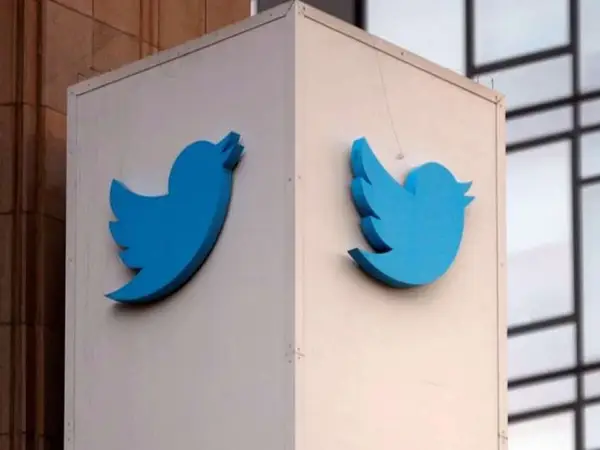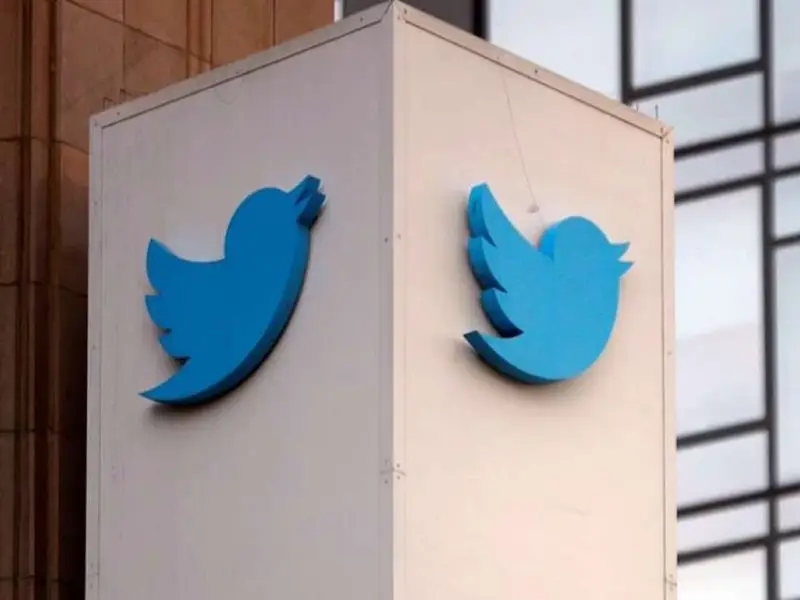Twitter has moved to limit the accounts of governments that restrict open access to information for their citizens.
Twitter said it is applying new rules -- which came into force on Tuesday -- to any country that limits access to online services while engaging in interstate warfare. The popular social media platform initially only limited more than 300 official Russian government accounts, including those of President Vladimir Putin, official ministry and embassy profiles, as well as the accounts of high-ranking Russian official accounts.
Head of Site Integrity at Twitter Yoel Roth said, “When a government that's engaged in armed conflict is blocking or limiting access to online services within their country, while they themselves continue to use those same services to advance their positions and viewpoints - that creates a harmful information imbalance”.
Twitter is not banned in Russia but has been severely slowed down to the point of inoperability. The platform is completely banned in Iran while there are many Iranian officials and organizations that use it frequently.
So far, there has been no new move by Twitter to restrict access to Islamic Republic officials. Iranian users have been tweeting if the new policies would impact Supreme Leader Ali Khamenei who has multiple accounts on Twitter.
In the aftermath of Iran’s controversial 2009 presidential election, the government blocked Twitter fearing protests being organized.
In January, Twitter blocked an account linked to Supreme Leader Ali Khamenei after it published an animated video depicting the assassination of former US president Donald Trump.
In February, Twitter and Facebook suspended pages and profiles of an Iranian disinformation unit that was targeting nationalist and ultra-religious Jews in Israel.
Iran has restricted access to the internet for two decades, including popular social media platforms such as Facebook and You Tube for the past ten years. An overwhelming majority of Iranians routinely use circumvention software to go around government blockages.
After hardliners captured both the parliament and the presidency, they have proposed new legislation to further restrict access to the Internet and particularly to foreign-based social media platforms.
Currently only Instagram is accessible in Iran and it has become a major platform for commerce, keeping tens of thousands of small businesses afloat amid a serious economic crisis.

